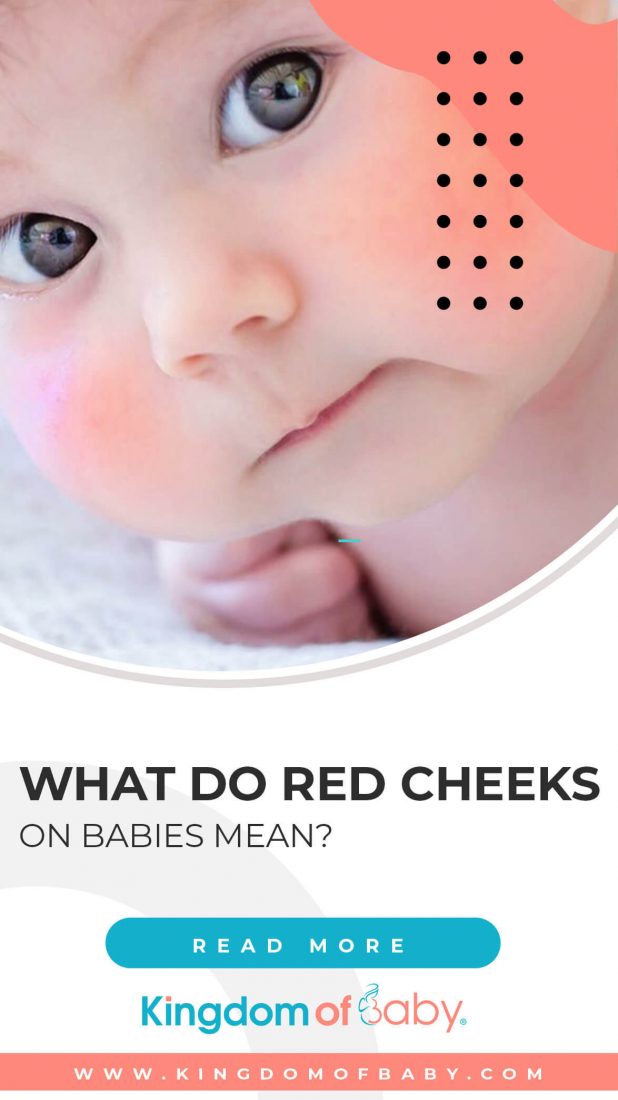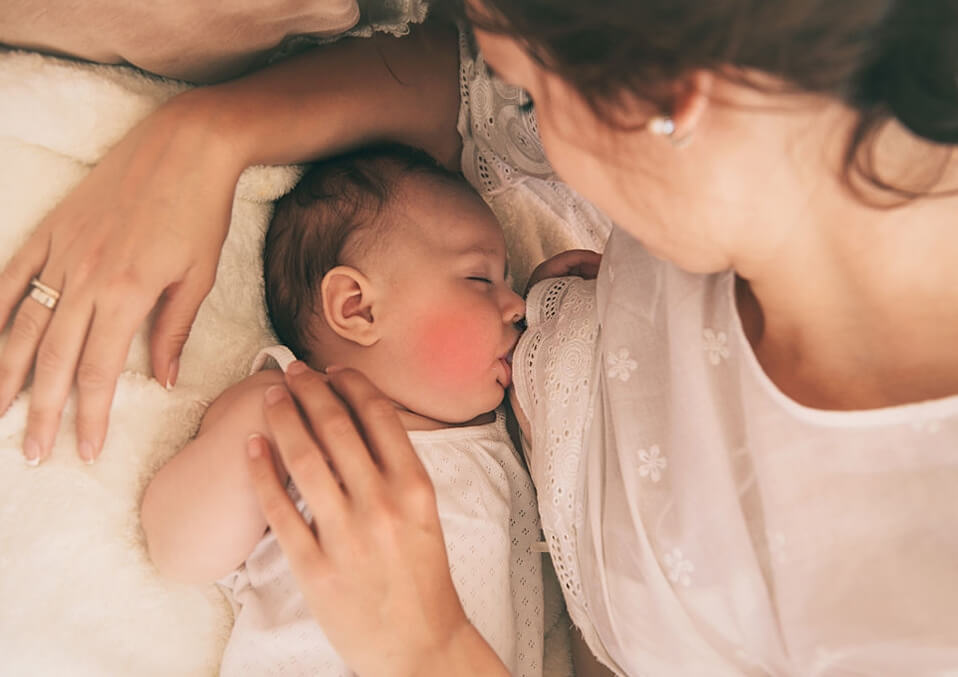
Rosy-red cheeks look really nice on babies. Red cheeks are actually a common sign of teething in babies. The tooth that is coming put from the gum can cause irritation that results in red cheeks in your baby. You can also feel that your baby cheeks are warm. That is something parents should not worry about because that is perfectly normal.
However, if the cheeks in your baby are strangely very red, your baby could have a slapped cheek syndrome. It is a common childhood illness. This is caused by parvovirus B19. It has symptoms like having a flashy bright red rash on the cheeks on your baby.
Just like other viruses, slapped cheek syndrome is contagious. It is only contagious before the rash appears so it is hard to know who got it. Your baby can get it from someone who has it and sneezes or coughs near you baby. Your baby can also pick it up by touching. The incubation period takes 21 days and it will take four to 14 days before the symptoms appear.
Here are some symptoms that you will first notice in your baby:
- Fever
- Runnynose
- Irritable
- Sleepy
- Sore throat
Two to five days after these symptoms are noticeable, your baby’s cheeks will turn red. Also, rashes will appear in your baby’s body. It will be itchy and uncomfortable. However, there are cases when your baby will not experience all these symptoms. Your baby may even feel fine and just have red rashes on both his cheeks.

The rashes will eventually fade after a week or two. Sometimes, the rashes can reappear when your baby is exposed in the sun or after being active. This does not mean that the infection is back. You don’t have to bring your baby to the doctor because this is just a mild illness. It just needs to run its course until your baby has fully recovered. Your health adviser can give you some advice on how you can treat your baby at home.
However, you can visit a doctor if you have the following:
- You are not sure if the rash in your baby’s cheeks is caused by slapped cheek syndrome.
- Your baby’s fever has reached 38 degrees or higher.
- The fever last longer than five days.
- He has a different infection
- He keeps being sick and won’t feed.
Babies with sickle cell disease can be more serious when paired with slapped cheek syndrome.
This disorder can cause babies to have low red blood cells. You can consult a doctor if your baby has this disease and you suspect that they caught slapped cheek syndrome.
Here are some ways you can treat your baby:

- Let your baby have plenty of rest
- Have his usual breastfeed and formula feeds
- Have him extra water so it will keep him hydrated
- Infant paracetamol can also help your baby’s fever lower down
- Make sure to check the dosage of your medication and consult your doctor
Actually, when your baby has the rash, he is no longer contagious. Later on, when he is feeling better, he can eventually return to the nursery. You can make sure that you are taking care of your baby when taking note of the tips and suggestions. You can always consult your baby’s doctor if you are not sure of a process. Slapped cheek syndrome is a mild illness so parents need not get panicked about it immediately.
Read also:
- First Pediatrician Visit: What are the Things You Need to Bring?
- Late Teething as a Sign of Intelligence and Other Myths Debunked
- What Are The Signs Of Baby Teething And How To Soothe The Pain?


